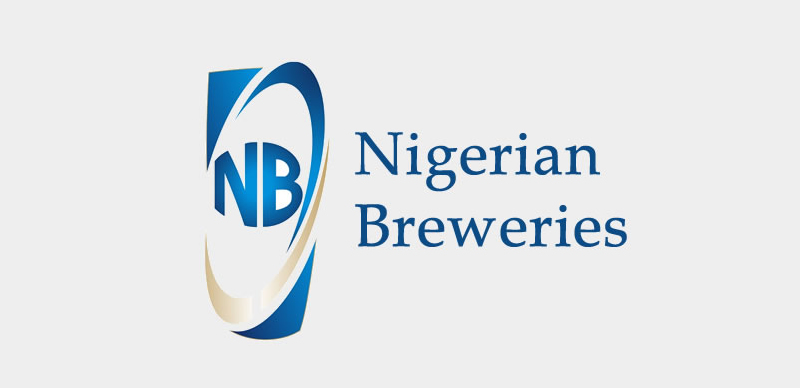By Taiye Olayemi and Rukayat Moisemhe
Nigerian Breweries Plc has urged Nigerians to stop crushing and misusing its returnable bottles and crates, stressing their importance to the company’s sustainability goals and environmental protection efforts.
Dr Uzo Odenigbo, Corporate Affairs Director of the company, made the call during a media engagement session on Thursday in Lagos.
Odenigbo said that the company was facing a major challenge as some individuals were fond of collecting and crushing its bottles and crates for sale to recyclers, thereby diverting them from the firm’s production cycle.
According to him, the development undermined the company’s long-standing investment in reusable glass packaging, a model that supports environmental protection and aligns with global sustainability practices.
“Our glass bottles and crates are designed as sustainable packaging materials because they are reusable and have minimal impact on the environment.
“Unfortunately, we have discovered that some individuals now gather and crush them for resale, which threatens our operations and environmental goals.”
Odenigbo explained that maintaining reusable packaging already involved huge capital costs for the company.
According to him, the illegal destruction of bottles further increases its operational burden.
Odenigbo noted that the challenge was not unique to Nigerian Breweries, as other major beverage producers such as Guinness Nigeria Plc had also reported similar incidents.
“We have evidence of such activities in various locations across the country, showing bottles and crates of several beverage brands being crushed and recycled for purposes outside the manufacturers’ value chains,” he said.
He urged members of the public, including scavengers and waste collectors, to return used bottles through approved distributors or collection points where they could be exchanged for cash, rather than selling them for crushing.
“We are not against people earning a living, but we are appealing that these bottles be returned into our system, so they can be reused as intended,” Odenigbo said.
He further appealed to government and regulatory bodies to support manufacturers that invest in returnable packaging materials through incentives and policies that promote sustainable production.
“Investing in returnable packaging is the right thing to do for our environment. It helps reduce plastic pollution, supports waste management, and aligns with global best practices,” he said.
Odenigbo reiterated the company’s commitment to promoting environmental sustainability and responsible production practices across its value chain.
Speaking on the proposed introduction of tax stamps on beer products, Odenigbo called for a balanced and practical approach to regulatory enforcement in the alcoholic beverage industry.
He said that beer products posed a low illicit risk, as they were not typically subject to counterfeiting or illicit trade, making the use of tax stamps unnecessary for enforcement in this category.
He explained that introducing tax stamps would also cause operational disruptions, as it would interfere with high-speed beer production lines, leading to inefficiencies and increased costs for manufacturers.
According to him, the implementation of tax stamps will impose high costs with little value, as the additional expenses from stamp procurement and system integration offered no tangible benefits to the business or consumers.
Odenigbo said that the proposal was globally misaligned, noting that most international markets do not require tax stamps for beer, opting instead for more efficient excise tracking systems.
He said that there was also a risk of market distortion, as uneven enforcement could allow non-compliant operators to gain unfair advantages, undermining fair competition in the industry.
“While Nigerian Breweries supports regulatory transparency and compliance, we advocate for a fit-for-purpose approach that aligns with global best practices and promotes operational efficiency within the Nigerian market,” he said. (NAN)
Edited by Olawunmi Ashafa








